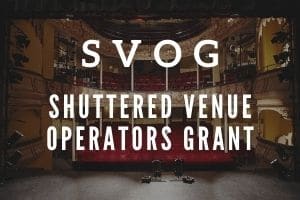
Litigation
We all have some idea of what litigation is like thanks to court TV and prime time legal dramas. What you don’t learn from those shows is the reality of how long litigation can take. Litigation is an adversarial process. This means each side gets a lawyer and each lawyer tries to put together a case that makes his or her client look as good as possible. This often means making the other parties look as bad as possible. Cases are built on evidence that is gathered by attorneys through a lengthy, time consuming, and emotionally taxing process. This process includes taking depositions and requesting discovery. In depositions, each attorney will have the chance to ask the other parties whatever questions they want. These questions are designed for building a case against the other parties. These depositions can take days and are often grueling. In discovery, each side will be asked to answer specific questions under oath and provide documents to the other parties. Many times these are documents that are unflattering to the party being forced to produce them. All of this takes time and costs a lot of money in attorney’s fees. Only when discovery and depositions are complete does the case get tried before a Judge. This process can take years. It is expensive and exhausting. At the end, a Judge, who doesn’t know you, or a Jury of strangers make a decision based on the limited evidence that is admissible under the law. Since each side has put in a lot of effort into making the other look bad, it often means they are choosing between several bad options.
Mediation
Mediation is an alternative to litigation. At any point in time from when a dispute arises to before a court orders a final judgment, the parties may opt to mediate instead of litigate. Mediation is confidential and gives the parties the opportunity to work out their disputes through the use of a neutral third party or mediator. The mediator is not a judge and does not decide the case. They are there to facilitate communication and negation as a neutral third party. They also help the parties navigate the formalities of the mediation process. Thus, mediation empowers the parties to make their own decisions. The entire process is voluntary and no party will be forced to settle. Ultimately, if the parties do not settle their disagreement they are free to return to court and continue along the traditional litigation process. Most meditations settle in as few as 1-3 sessions with the mediator. Because the process is more direct it is also much more cost effective and far less expensive.
Finally, since mediation is voluntary and controlled by the parties, the terms of the final settlement agreement can be more flexible and customized than the terms that are likely to be ordered by a court. Are you considering mediating your case? Feel free to contact us to learn more about our mediation services and how mediation works.





